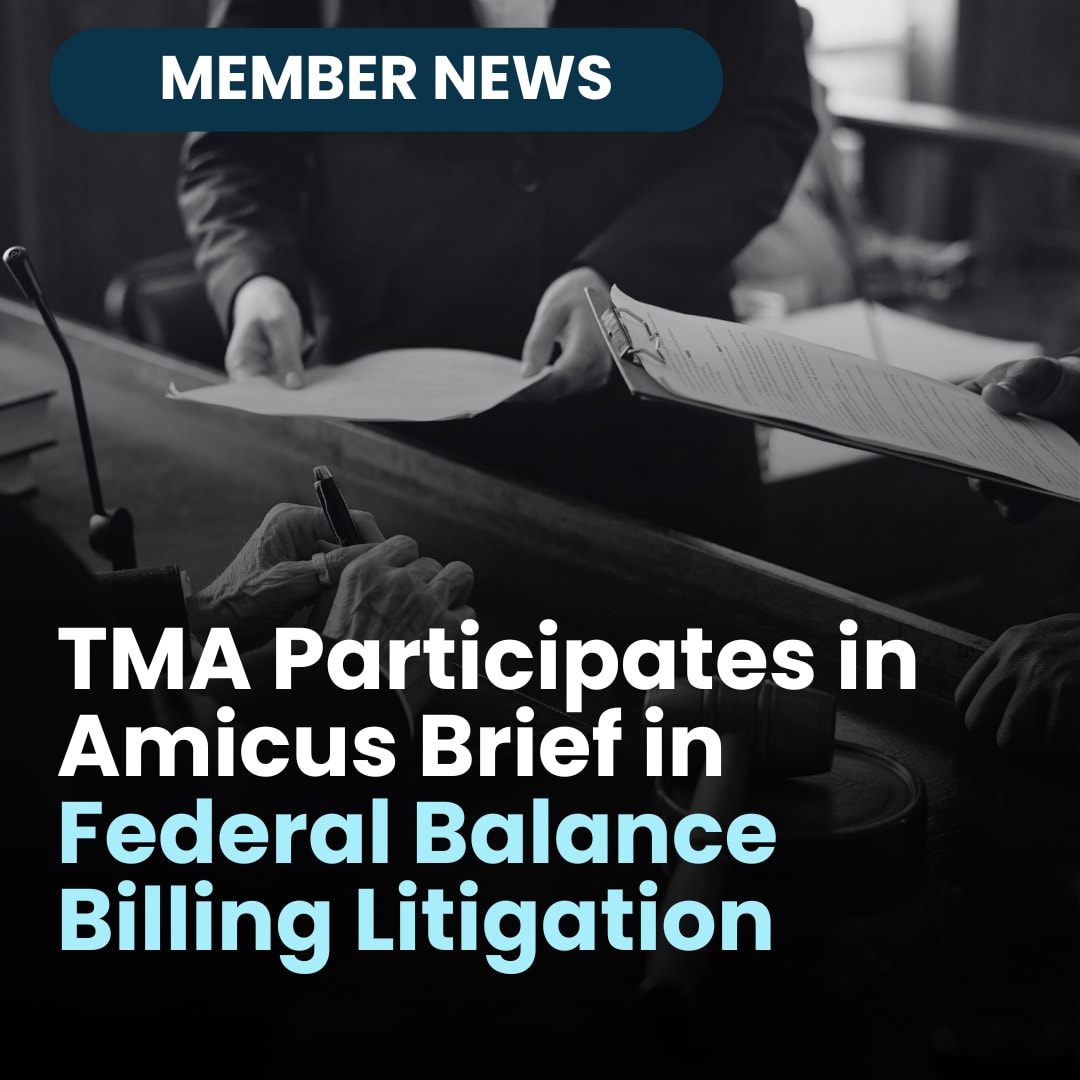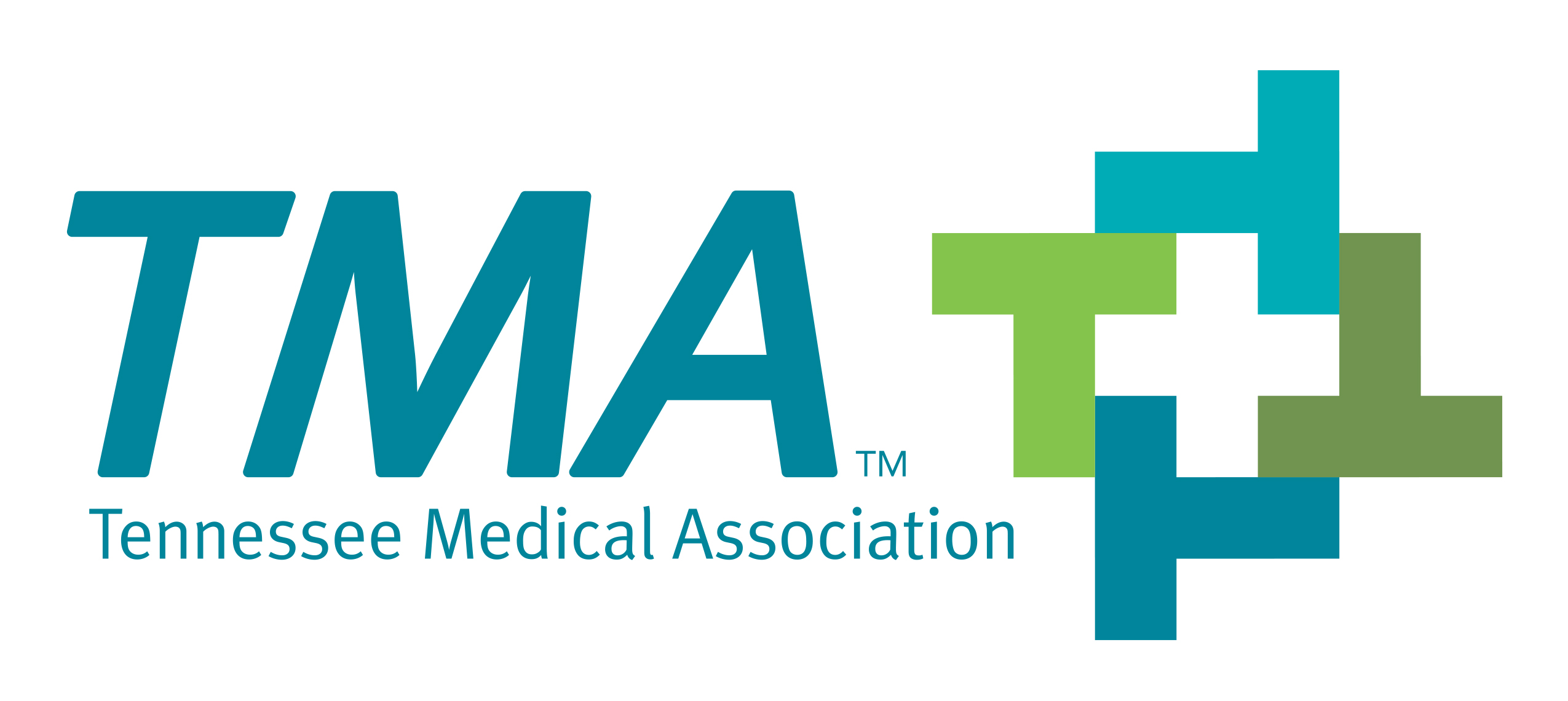TMA Participates in Amicus Brief in Federal Balance Billing Litigation

TMA Participates in Amicus Brief in Federal Balance Billing Litigation
This article was submitted by TMA's legal department. For questions, contact us at legal@tnmed.org.
As a founding member of the Physicians Advocacy Institute (PAI), the Tennessee Medical Association (TMA) signed on to an amicus brief filed by PAI in a lawsuit challenging multiple rules promulgated to implement the federal No Surprises Act.
The No Surprises Act is Congress’ response to patient “surprise” billing. Surprise billing occurs when a patient unknowingly receives a bill for out-of-network medical services. The Act holds the patient harmless and provides an appeals process for physicians to appeal the payment amount through an independent dispute resolution process when they believe the out-of-network rate paid is unfair.
The lawsuit, filed by the Texas Medical Association in 2022, challenges certain parts of federal rules implementing the Act that artificially deflate the qualifying payment amount (QPA). The lawsuit also challenges the lack of transparency around QPA calculations. Plaintiffs contend the challenged provisions of the rule skew negotiations in favor of health insurers so strongly that health insurers will force physicians out of insurance networks.
Specifically, the lawsuit focuses on four ways in which the rules unfairly deflate the QPA:
- Permits insurers to include “ghost rates” in their QPA calculations, which are contract rates with physicians and providers who do not actually provide the health service in question. This unfairly lowers QPAs as there is little motivation for physicians or providers to negotiate rates for services they do not actually provide. For example, some of these “ghost rates” are $1, which clearly would not be reflective of market rates or the cost of providing care.
- Permits insurers to include rates of physicians who are not in the same or similar specialty as the physicians involved in the payment dispute.
- Requires insurers to use an amount other than the total payment in calculating a QPA when a contracted rate includes “risk sharing, bonus, or penalty, and other incentive-based and retrospective payments or payment adjustments.”
- Permits self-insured group health plans to allow their third-party administrators to determine the QPA for the plan sponsor by calculating the median contracted rate using the contracted rates recognized by all self-insured group health plans administered by the third-party administrator. This allows self-insured plans to essentially opt-in to a lower QPA for payment disputes with physicians.
PAI/TMA’s amicus brief provides the Fifth Circuit Court of Appeals a description of the “real world consequences on the impact of the flawed QPA methodology,” according to the brief. The brief also explains why the rules’ methodology for calculating the QPA artificially depresses independent dispute resolution awards for physicians, thereby undermining the intent of the No Surprises Act. Finally, the brief illustrates the significant consequences to physicians and patients of this flawed scheme in the marketplace.
According to past No Surprises Act independent dispute resolution reports, Tennessee is one of the high volume utilizers of the independent review process.
Additional Info
Media Contact : communications@tnmed.org
